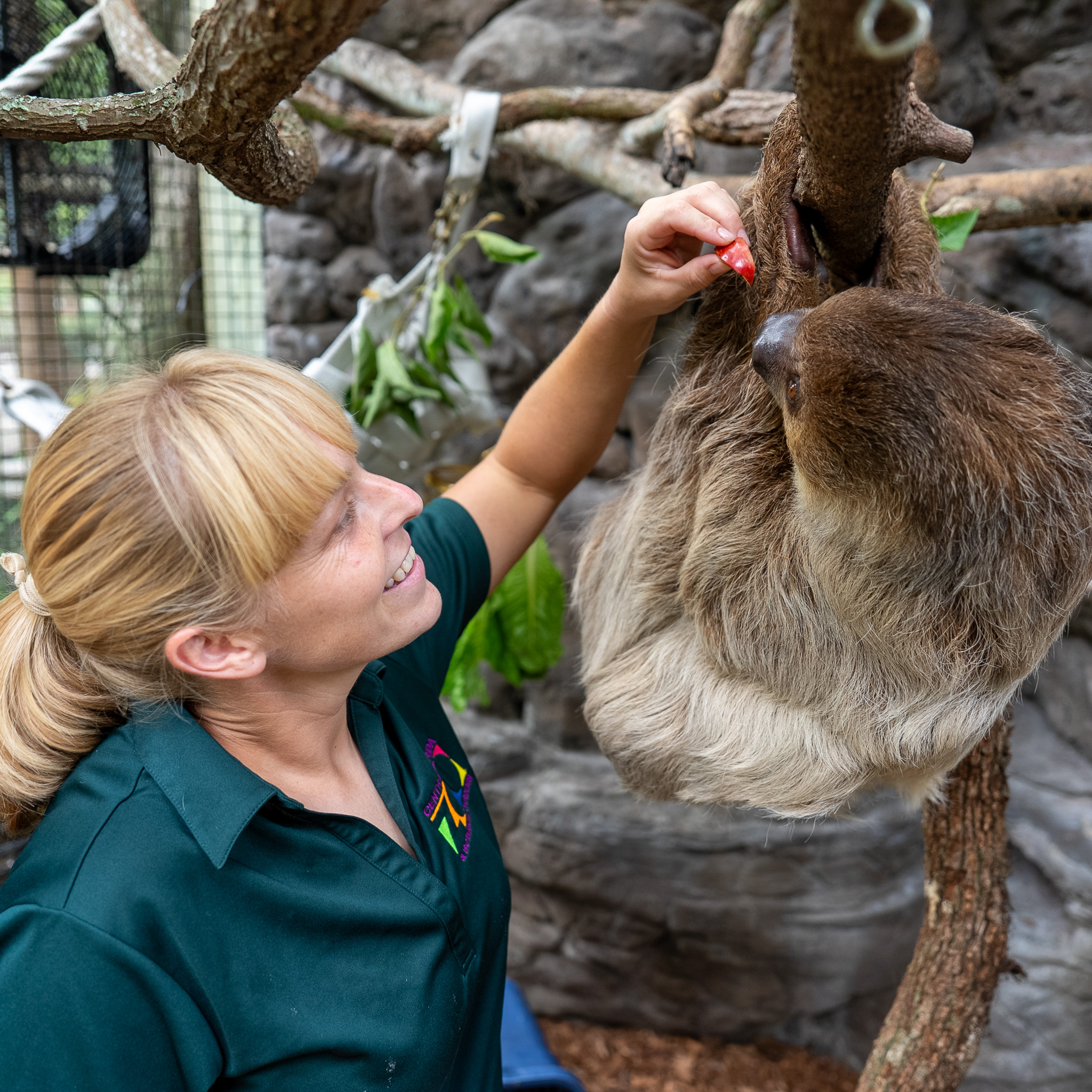- The Role of Zookeepers in Animal Care
- Expertise and Skills Required for Zookeeping
- Impact of Enrichment and Specialized Diets
- Building Trust and Empathy with Animals
- Importance of Zookeepers in Conservation Efforts
Zookeepers form the backbone of animal care facilities worldwide, blending expertise, patience, and empathy. Their role is multifaceted, involving everything from daily care routines to implementing conservation strategies. This article explores the profound impact zookeepers have in the ongoing efforts to care for and preserve wildlife, emphasizing their critical contributions.
In the context of a zoo, animal care extends far beyond basic feeding and cleaning routines. Zookeepers manage highly diverse tasks, cultivating an environment where animals can thrive. Their expertise is critical not only in day-to-day activities but also in emergency situations where quick, informed decisions are necessary. Zookeepers’ knowledge of animal behavior, physiology, and ecology allows them to anticipate needs and implement preventative healthcare measures.
To excel in this field, zookeepers require a comprehensive understanding of various species. This calls for a solid educational foundation in biology, animal science, or zoology, often supplemented by specialized training and certifications. Practical experience is equally crucial, as it hones observational skills essential to monitoring animal health and welfare. Expertise in specific areas such as diet formulation or behavioral training enhances the caregiver’s ability to foster well-being.
Enrichment and specialized diets play a pivotal role in maintaining the health and happiness of zoo animals. Enrichment involves creating diverse, stimulating environments that encourage natural behaviors. This could involve puzzle feeders, novel objects, or varied social interactions, all tailored to engage the animal mentally and physically. Such activities not only mitigate boredom and stress but also promote physical fitness.
Dietary management in zoos is another area where zookeepers apply their expertise. Animals require balanced nutrition that mirrors their natural intake as closely as possible. This demands careful planning and knowledge of each species’ dietary needs, whether it’s the calcium requirements of reptiles or the protein needs of large carnivores. Preparation of these specialized diets involves precision and an understanding of nutritional science.
A critical aspect of zookeeping is building trust and empathy with the animals. Establishing rapport requires consistent, respectful interaction, which is key to managing animal behavior effectively. This trust is foundational for successful training sessions that facilitate medical treatments and health assessments. For instance, earning the trust of animals like Coral, a specific individual mentioned in the opening statement, can lead to reduced stress during veterinary procedures.
The efforts of zookeepers extend beyond the confines of a zoo. They play a significant role in conservation programs, working with endangered species in breeding initiatives and habitat restoration projects. Their insights contribute to global conservation strategies, raising awareness and fostering greater understanding of climate change impacts on wildlife.
Zookeepers also participate in research to improve care methods and develop innovative solutions to wildlife management challenges. Collaborative efforts with researchers and conservationists lead to the development of best practices that can be shared internationally. These contributions illustrate the indispensable role of zookeepers in the conservation landscape.
Zookeepers bring expertise, patience, and empathy to every interaction, vital for the welfare and conservation of animals. Their work in preparing specialized diets, creating enrichment, and building trust with animals like Coral supports the immense goals of zoos and conservation programs. By integrating scientific knowledge with practical skills, these professionals ensure that the objectives of animal care and preservation are met every day.
*****
Source Description
Our keepers are the heart of our animal care, bringing expertise, patience, and empathy to every interaction. Whether it’s preparing specialized diets, creating enrichment, or earning the trust of animals like Coral, their work makes everything we do possible. We’re so grateful for this team and the care they provide every single day. 💚
.
.
.


